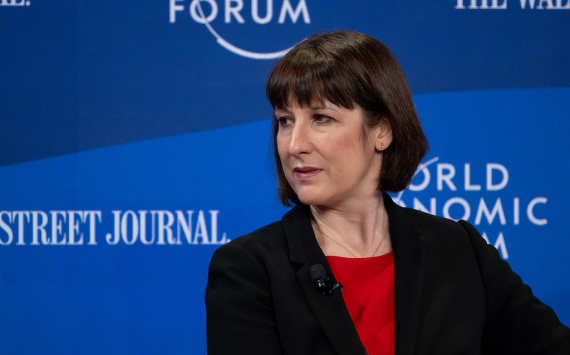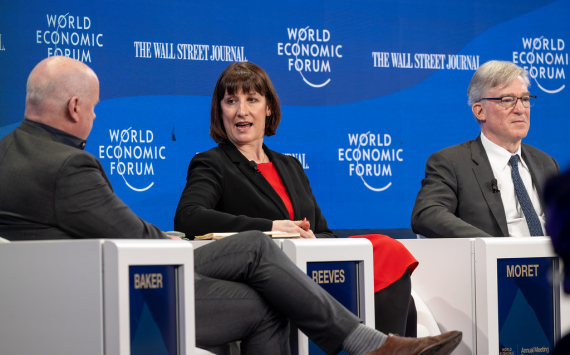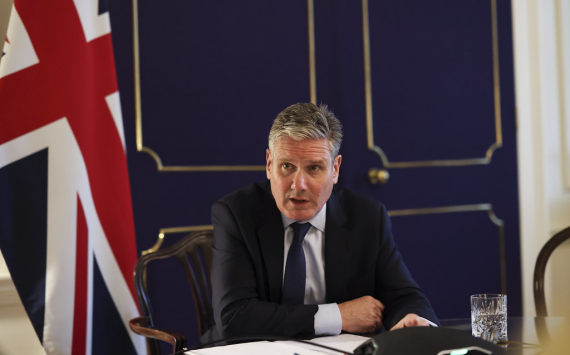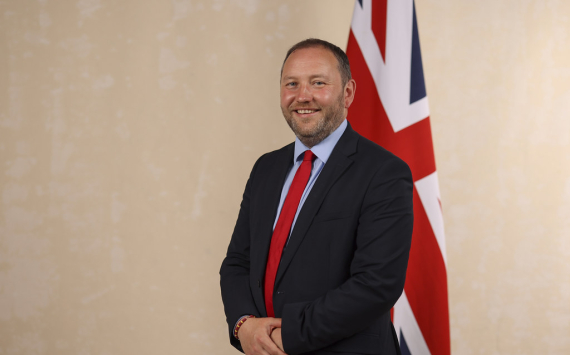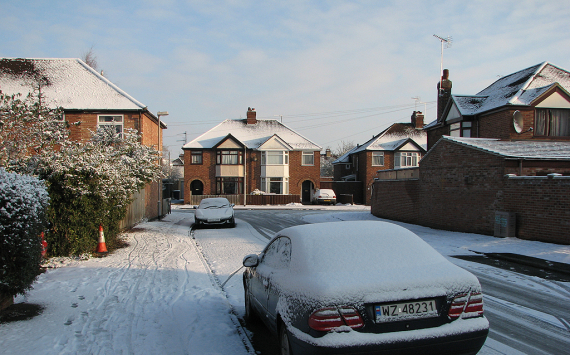
Electricity in the cold season
The British authorities have denied information about possible rolling blackouts in the winter months. This was reported by Reuters on Friday, citing the Minister for Climate Affairs Graham Charles Stuart.
According to him, the British government is not suggesting that blackouts will actually occur. "It's not at all what we expect," Stewart said. Also, the minister added, "the government has a plan in place for all eventualities." "The population needs to be assured that we have a very voluminous and diverse supply, and that we have taken all measures to meet our non-ergic needs for this winter," he said.
Graham Charles Stuart also noted that authorities are not urging citizens to save energy. "We are not going to tell people how to live their lives," the minister stressed.
The U.K. government is working to introduce an energy-saving program, which is scheduled to launch in November. It will financially reward Britons who give up using appliances during the busiest evening hours.
Earlier, National Grid, the operator of the Kingdom's unified energy system, warned about possible winter power cuts. The company reported that blackouts could affect households in several regions of Great Britain in the event of a shortage of gas supplies, but the risk could be reduced if residents reduce the load on the national energy system.
It is worth noting that there have not been organized blackouts since the early 1970s, when then-Prime Minister Ted Heath introduced a three-day workweek to save energy.
In this case, there was a shortage of power in Great Britain due to strikes by coal miners and railroad workers, who limited power generation.
In 1972, miners went on strike over wages, causing the Central Electric Generating Authority to cut off power for up to nine hours a day, affecting homes and businesses alike.
The miners, along with other public sector workers, defended the cap on wage increases as the government tried to curb the high rate of inflation.
Then, in 1973, businesses could only work three consecutive days not counting basic services such as supermarkets and television broadcasts were restricted.








